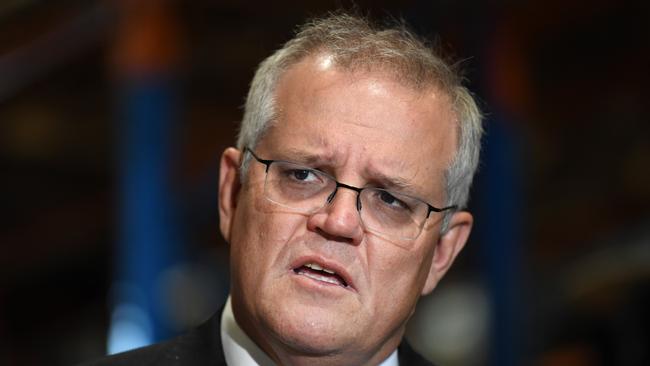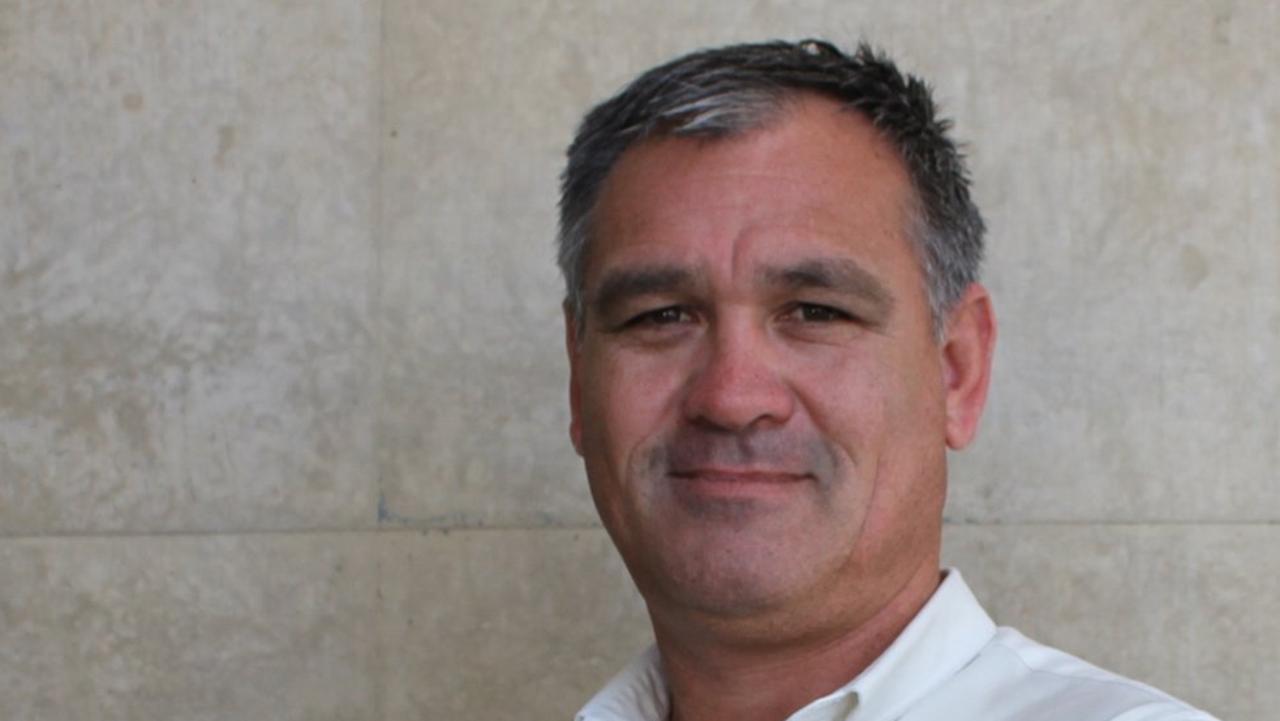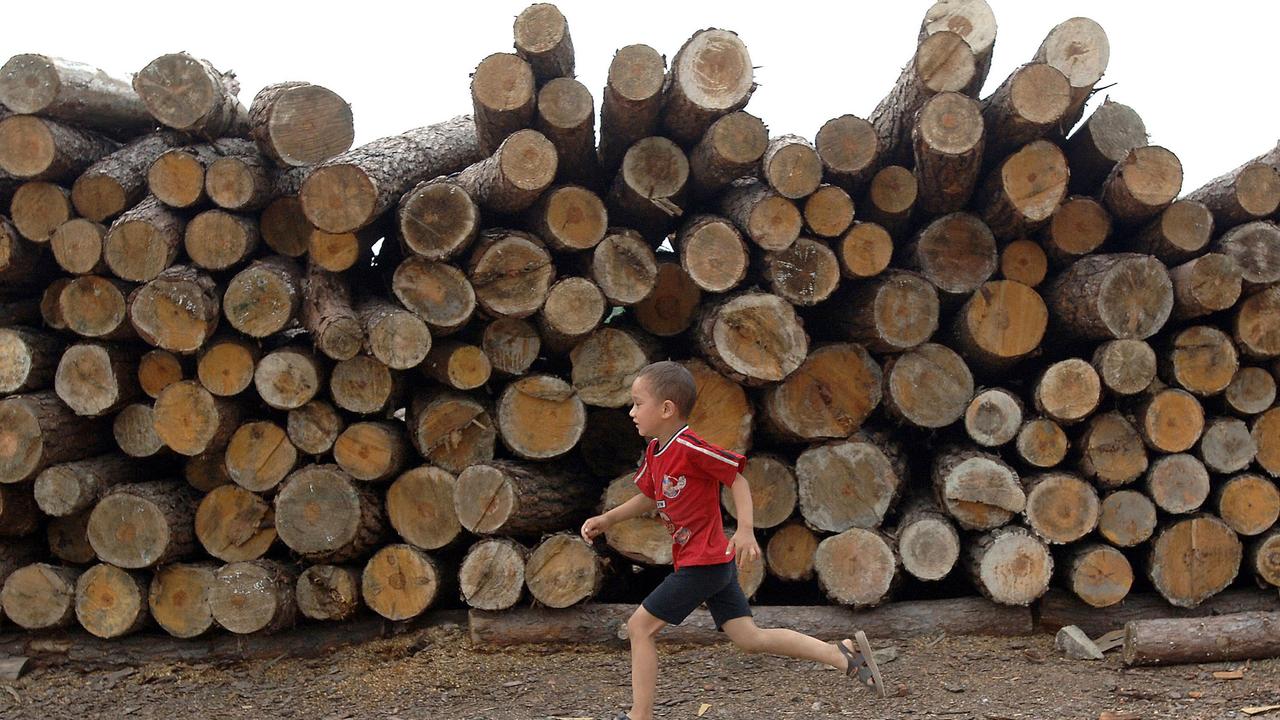Scott Morrison to push for deeper democratic alliances
Scott Morrison has warned leaders of like-minded countries that the world is becoming ‘increasingly polarised between autocracies and liberal democracies’.

Scott Morrison has warned leaders of like-minded countries that the world is becoming “increasingly polarised between autocracies and liberal democracies”, urging them to increase economic and security collaboration.
With China urging businesses to diversify iron ore supply away from Australia, the Prime Minister said multilateral forums such as the G7-plus and Quadrilateral Security Dialogue would help inoculate Australia from economic coercion or security threats.
He said Australia’s influence on the world stage would be bolstered by former finance minister Mathias Cormann’s elevation to secretary-general of the OECD.
“The secure supply chains and commercial relationships between like-minded countries is, I think, an important part of our future,” he said, “whether it is the G7-plus or whether it is the Quad or whether it is the OECD.”
Mr Morrison said he had made the case to other democratic leaders about the need for higher levels of engagement to deal with the changing geopolitical climate, which foreign policy experts have attributed to China’s assertiveness. “The conversations I was having with all of those leaders in all of those (OECD) countries, was that in a post-pandemic world … that was becoming increasingly polarised between autocracies and liberal democracies, that liberal democracies, particularly market-based liberal democracies, needed to increase their level of engagement (and) alignment,” he said.
“I think only adds to Australia’s security both economic and otherwise.”
Mr Morrison will attend the G7 forum in Cornwall next month, along with permanent members the US, Britain, Canada, France, Germany, Italy, Japan and the EU.
Australia, South Korea and India were invited to participate by British Prime Minister Boris Johnson, who hosts the event.
Mr Morrison will likely have one-on-one talks with world leaders at the summit, including Mr Johnson as Britain and Australia near the finalisation of a free-trade deal.
Climate change is expected to feature as a major issue at the conference, on June 11-13, after G7 environment ministers agreed to stop the direct funding of overseas coal projects while delivering emissions targets in line with limiting global warming to 1.5C of pre-industrial levels.
Mr Morrison said a “high priority” in his foreign policy agenda was strong relations with countries closer to home that were part of the Association of Southeast Asian Nations. “Here in the region, we work really closely with our ASEAN partners – that has been a high priority for me, a high priority for our government. Whether it is Indonesia or Singapore, Malaysia and many others, we have worked very hard on those relationships.
“Australia is a great friend of our region and well-respected among the liberal democracies of the world and so I think it only enhances and strengthens our position in response to any coercion or threat.”
China’s demand for Australia’s iron ore – fuelled by stimulus measures in Beijing and supply issues in Brazil – has pushed prices above $US200 a tonne and helped the government deliver a budget deficit that was $53bn below earlier forecasts.
China’s National Development and Reform Commission last week urged companies to widen their sources of iron ore imports and engage in domestic exploration for the steelmaking product, in the latest push to hit Australian exporters.
Mr Morrison played down the economic consequences of China’s push to widen its iron ore supplies away from Australia, saying the budget included conservative estimates that the price of the resource would tumble to $US55 by March.
“They say lots of things fairly regularly but what we are focused on is ensuring our industries can be as competitive as they possibly can be, that they continue to work hard to meet the needs of their customers there and ensure that they are thinking about their long-term future because of the significant capital invested in those industries.”
“We have always taken a pretty conservative position on the iron ore price when it comes to the budget; we have done that since my first update (as treasurer) back in 2015.”



